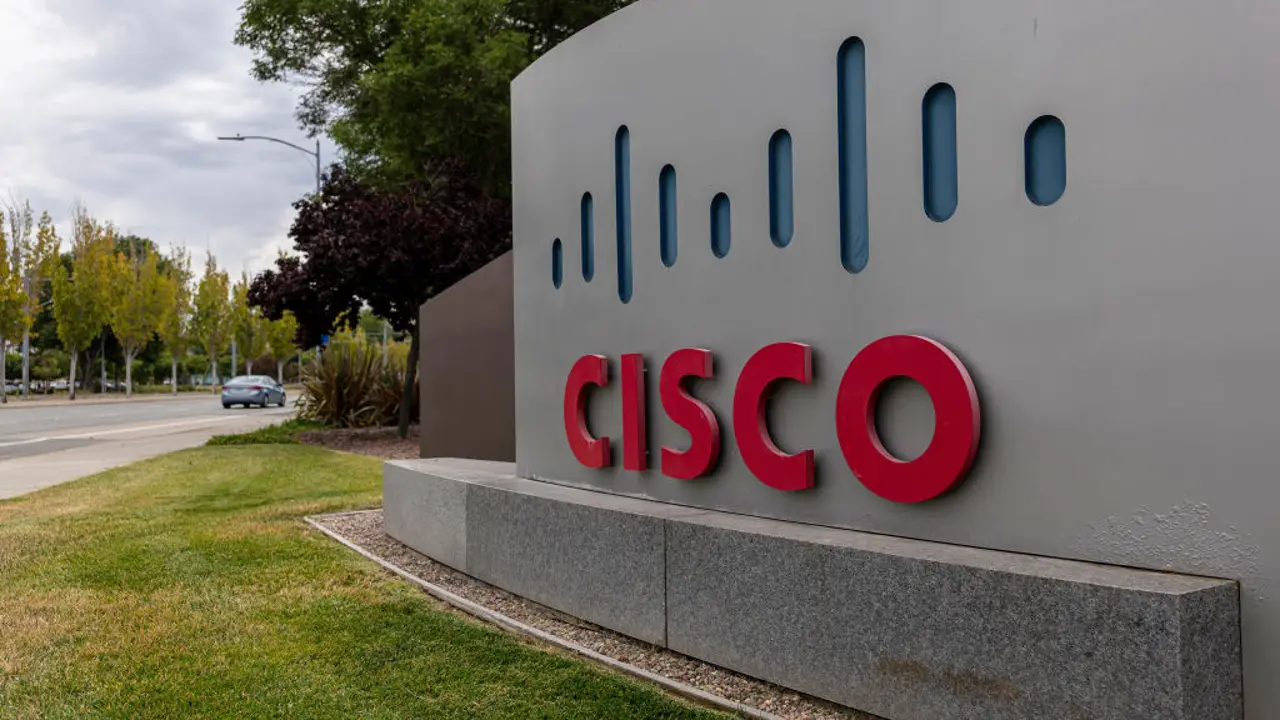More than 4,000 employees, or 5% of Cisco’s 85,000 worldwide workforce, will be let go as the American networking equipment maker with partnerships with Africa announces layoffs.
As part of its reorganisation plan, Cisco said on Wednesday that it will be cutting jobs. The computer networking behemoth announced layoffs that will impact over 4,000 positions or about 5% of its workforce worldwide. This decision has been made along with the release of its most recent quarterly earnings figures.
Nearly 85,000 people worked for Cisco as of the end of last year, as stated on the company’s website. Due to the industry’s shift towards AI, analysts predict that layoffs in the tech sector may increase in Silicon Valley.
Read also: NITDA, CISCO signs MOU to close digital skills gap in Nigeria
Major reasons for the layoff
Compared to the massive layoffs that occurred in late 2022 and early 2023, these cuts to employment are relatively minor. In reaction to the hiring frenzy during the pandemic, when businesses quickly increased their workforces as people moved their daily lives online, tech companies cut hundreds of thousands of jobs during that time.
The cybersecurity firm Splunk was acquired by Cisco in a $28 billion deal towards the end of last year, making it Cisco’s biggest acquisition to that point. By acquiring Palo Alto Networks, CrowdStrike, Check Point, and Microsoft, Cisco—commonly associated with routers and network equipment—became a major participant in the cybersecurity industry.
Despite these bold moves, Cisco’s revenue for the fiscal quarter ending in late January was down 6% year over year, coming in at $12.8 billion. The company’s profit also dropped 5%, to $2.6 billion.
Chuck Robbins, CEO of Cisco, emphasised aligning investments with future growth opportunities. Innovation, he said, is crucial in an interconnected ecosystem, especially as customers embrace AI and prioritise protecting their businesses.
In after-market trading, Cisco’s shares fell more than 5%, reaching $47.65, following the announcement of the earnings numbers.
Why tech companies lay off staff
More and more multinational technology companies have been announcing layoffs since the start of the year, and Cisco is just the latest to join the trend.
Like in 2023, major tech companies have laid off thousands of workers this year. This includes Amazon, Microsoft, Google, and many more.
More than 70 tech companies have laid off more than 32,000 employees so far this year, according to Layoffs.fyi, a website that tracks job cuts in the tech industry.
Big tech companies like Amazon, Google, Microsoft, and Cisco have been laying off employees because AI is changing the way jobs are done and how businesses operate. Artificial intelligence (AI) changes conventional roles and processes while simultaneously opening new possibilities for optimisation, automation, and innovation.
To start, AI makes it possible to automate mundane jobs, which boosts productivity and decreases the need for human workers in some sectors. Some jobs may become obsolete as a result of automation, which can lead to staff reductions at some companies.
A change in skill sets is required due to technology developments driven by AI. If workers are unable to adjust or acquire new skills in response to the changing technology landscape, they may be laid off.
Also, in response to shifting market dynamics or opportunities presented by AI, these businesses may reorganise or realign their strategies. Departmental mergers, project cancellations, or resource reallocation leading to layoffs could be part of the plan.
Redundancies may also result from AI-related mergers and acquisitions as businesses merge and incorporate new technology while consolidating their operations.
The adoption of AI can result in workforce reductions as companies adjust to the changing technological landscape and strive to stay competitive in the market. However, AI does bring many benefits, such as increased efficiency and innovation.




